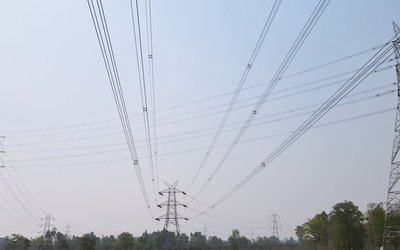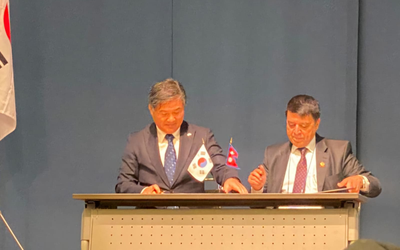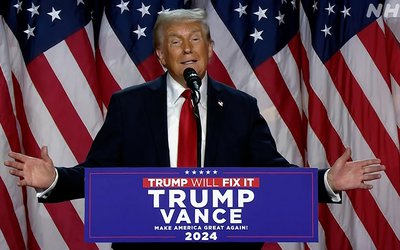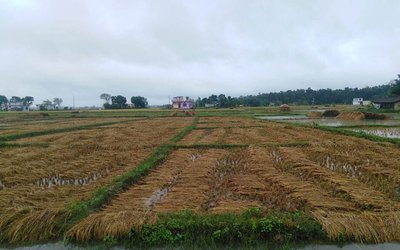Nepal Rastra Bank has recently brought the monetary policy. As a banker, what negative and positive aspects do you see in it?
There are many positive things in the monetary policy. The talks of base rate and interest rate corridor have been positive. But the Cash Reserve Ratio (CRR) might bring some problems. Along with the monetary policy, the governor has also cleared up some issues. Financial institutions have surplus liquidity currently, this will affect interest rates. If interest rates go down, the value of money will decrease. This will bring problems in the economy and might also lead to previous problems, like investment in the realty sector.
If talks about agriculture and power related issues in monetary policy are included in directives then it will be easier for banks to work. The main intention of increasing bank rate to 8 percent is to control haphazard lending.
Monetary policy has brought forward the issues of interest rate corridor and base rates. What kind of effects will it have on financial sector?
Base rate will be better than interest rate corridor. Right now there is unhealthy competition in interest rate, it should be controlled. If banks were self-disciplined then I don’t think there will be even the need of base rates.
People are complaining that the interest rate has not gone down. The governor is also saying that the interest rate has to go down. But the situation is different. What are the main reasons for that?
Interest rate is going down. But if somebody is expecting rates to go down to 7-8 percent then it will not be possible and it should not be like that as well. Rastra bank is also not in favor of decreasing rate like that. The rates will not go down up to 7-8 percent like in the past. In Nepal the banks operations costs also doesn’t give the freedom to decrease rates freely. Banks also invest 25 percent in low rate bonds. So the rate will not go down like in the past.
The governor has said that banks have enough liquidity so interest rates should be brought down from bargaining, while unveiling the monetary policy. What kinds of customers have taken this benefit?
The first thing that determines interest rate is investment risk. If banks have liquidity, investment risk is low and if customers are paying interest installments regularly then that type of customers will have bargaining option. In this situation, banks will definitely bring the interest rates down. Even in personal loan, the ability of people to pay interest, their income and their past records will determine the bargaining power.
It is mandatory that banks should invest 10 percent in agriculture and power sector. What kind of effects will it have?
There are no new major projects. Majority of banks are investing in old extended projects. Banks are also studying various options. Nabil bank is on par with Rastra bank’s directive.
What is the current situation of Nabil bank and what are its future strategies?
Nabil is still the top bank. Although there were several problems in the market, but it has no effect on our profits. Banking sector is not magical. We should improve the quality of service gradually. Nabil bank has been providing quality service to its customers in all respects. As the current population has majority of youths, it is necessary to include them in our plans. Nabil will always provide good service to its customers.
(Extracts of the interview published in Karobar daily)
- SWISS SUPPORT: Construction Of A Trekking Trail In Koshi
- Dec 19, 2024
- PM OLI'S VISIT TO CHINA: BRI Agreement
- Dec 16, 2024
- RASUWAGADHI AND SANJEN: Begin Generation
- Dec 03, 2024
- NEPAL, INDIA ELECTRICITY TRADE Nepal's Advantage
- Dec 02, 2024
- PM Oli'S VISIT TO CHINA: Nepal's Dilemma
- Dec 01, 2024
















